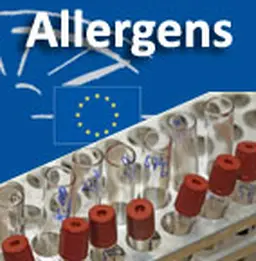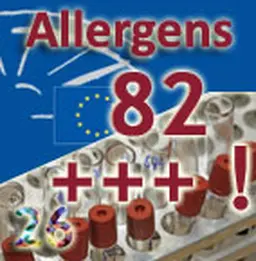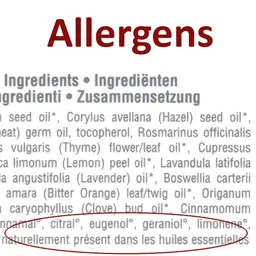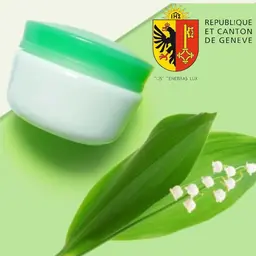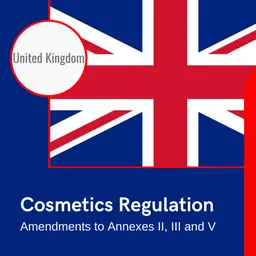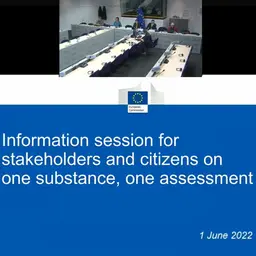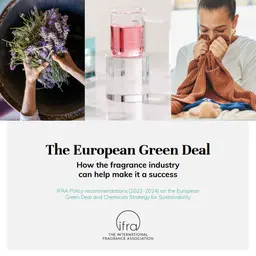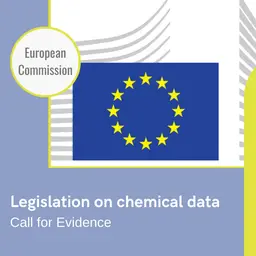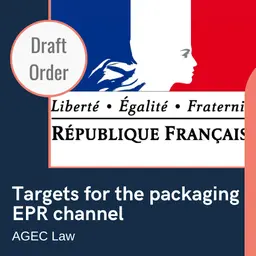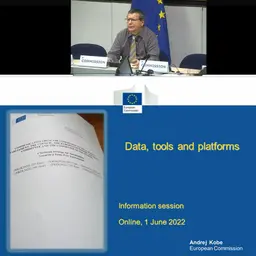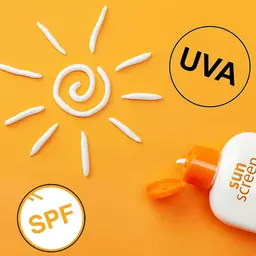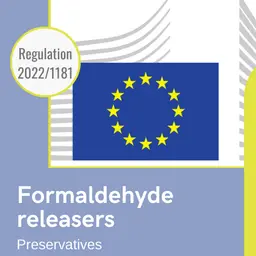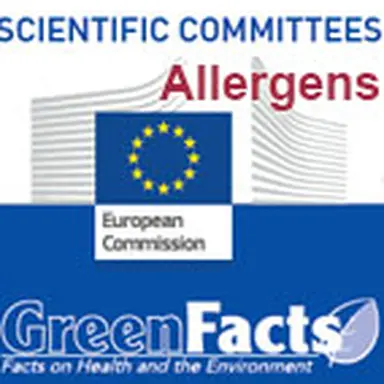
The Opinion had caused some buzz and concern among perfumers and cosmetics manufacturers: the European Scientific Committee for Consumer Safety (SCCS) is of the opinion that the list of “official” allergens should be extended from 26 substances to over 80, with mandatory labelling and restrictions. A decision that has just been explained to the general public by the European Commission.
This fact sheet is based on the scientific opinion on “Fragrance allergens in cosmetic products” adopted on 26-27 June 2012 by the independent European Scientific Committee on Consumer Safety.
More than 2500 fragrance ingredients are used in consumer goods such as detergents and cleaning products, cosmetic products, aromatherapy, and herbal products. These can be derived from natural sources or chemical synthesis. It is estimated that between 1 and 3% of the European population is allergic to some fragrance ingredients.
In the EU, since 2003, a series of 26 fragrance ingredients identified as allergenic have to be identified on the label of consumer products, which is important to consumers who are sensitive to these allergens.
Now a new series of allergenic ingredients were identified.
What kind of problems can be caused by fragrance ingredients?
When in contact with the skin, some fragrance ingredients can produce irritations, usually resulting redness of the skin or rashes. There can also be a more severe, allergic reaction called eczema which is a reaction of the immune system. Once an allergy is triggered by a first contact to an allergenic ingredient, it is a lifelong condition which re-appears when the person is exposed again to the …

